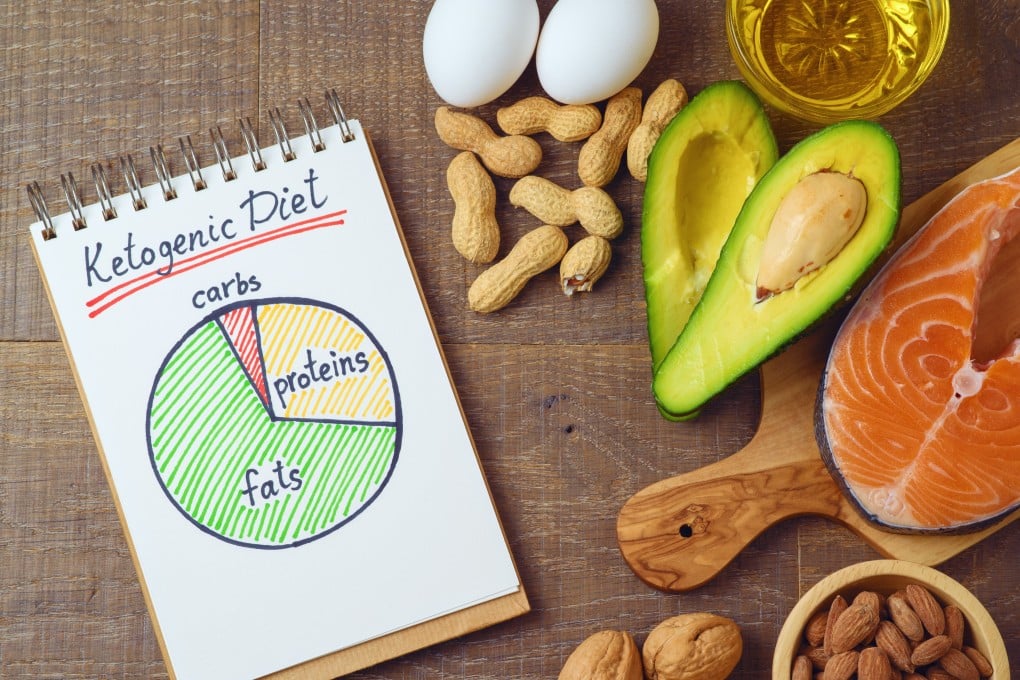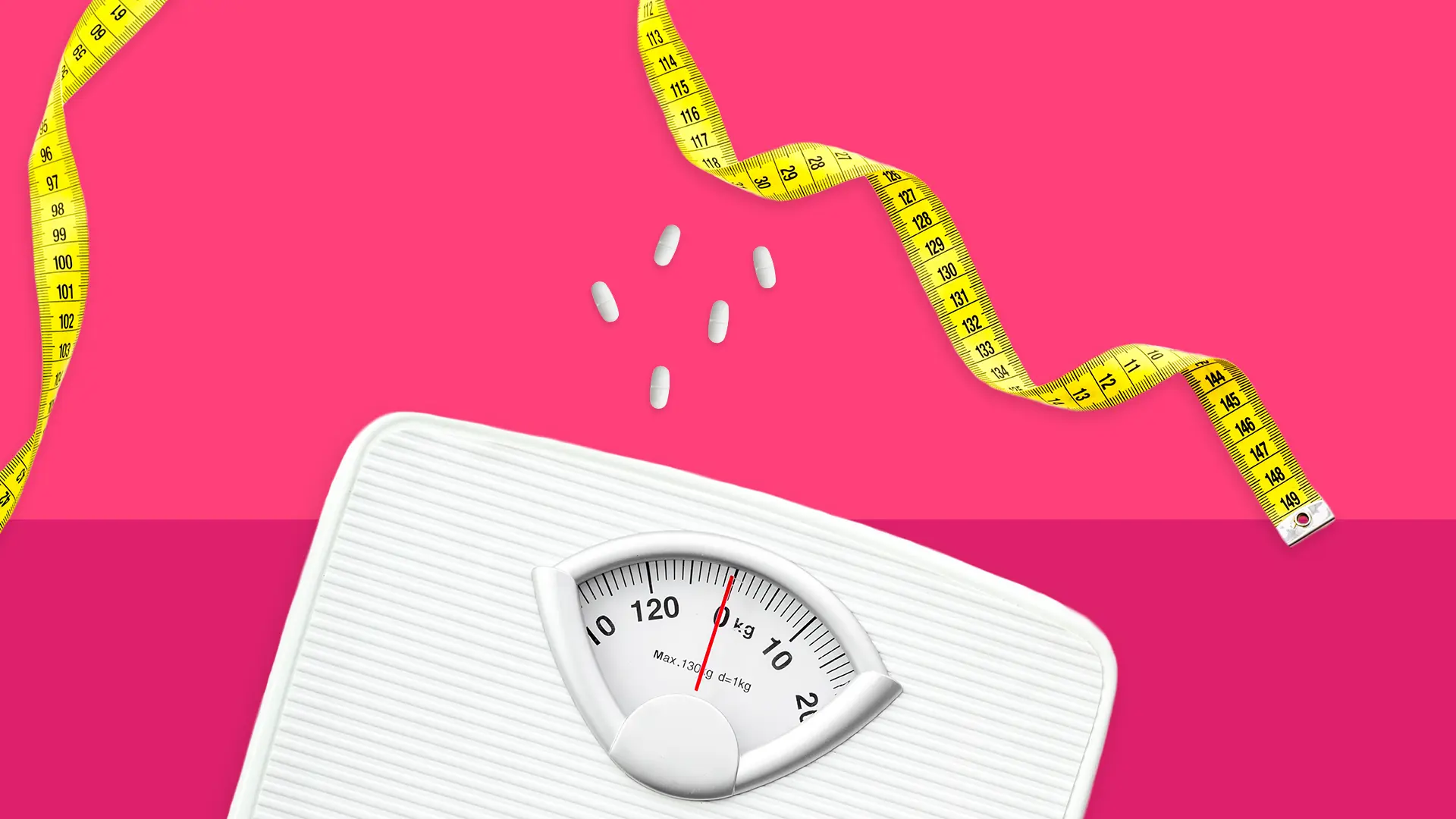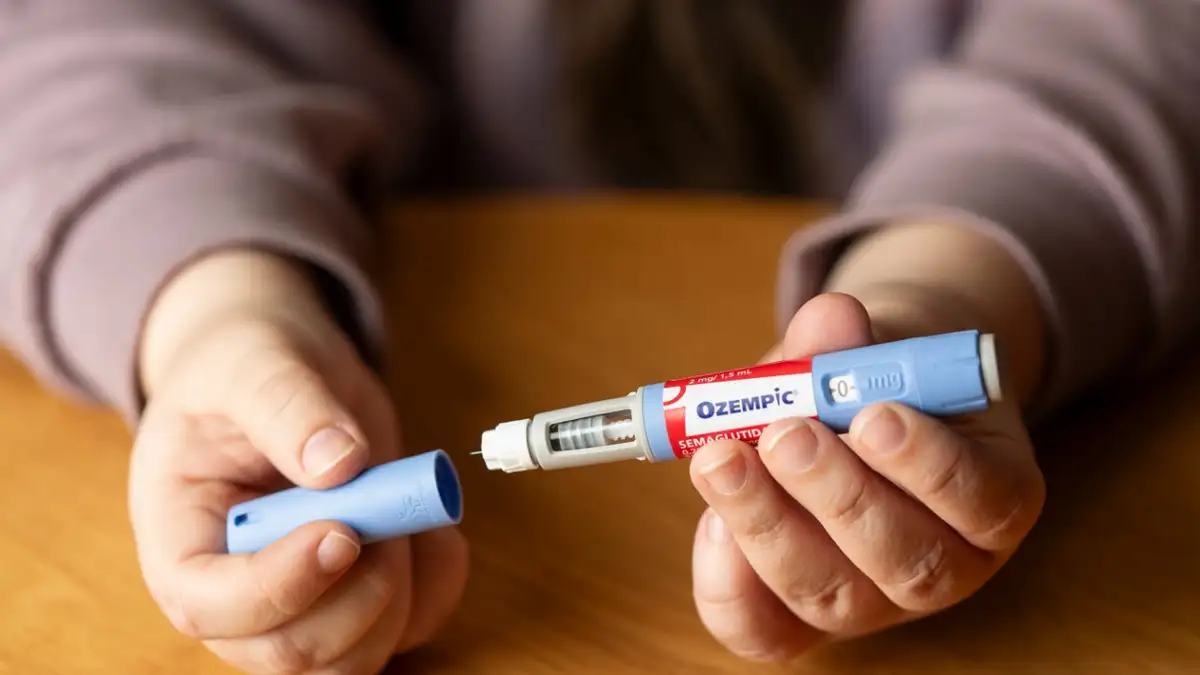- Aesthetic Clinic
- The Face
Pigmentation / Age Spot
Facial Sculpting / Contouring
Under Eye / Eye Bags
Dull Skin / Open Pores and Texture / Redness / Sunburn
Skin Lightening
Spider Vein / Fine Veins Removal
Birthmark
Milia / Oil Seeds / Mole / Wart Removal
- The Body
Cleavage + Decolletage Rejuvenation
Breast Lifting
Hands Rejuvenation & Plumping
Permanent Hair Removal
Stretch Mark
Broken Capillaries / Spider Veins
Milia / Oil Seeds / Mole / Wart Removal
Tattoo Removal
- Fat & Weight Loss
Fat & Weight Loss
- Hair Loss Treatment
- Female Only
- Male Only
- Medi Spa
- Cart
Nexus Clinic Kuala Lumpur
LG 10, Lower Ground Floor, Wisma UOA II, Jalan Pinang, 50450 Kuala Lumpur, Malaysia.
Mobile: 016-7025699 / 03-21635699
Main Line: +016-9215699
Chat with us!





